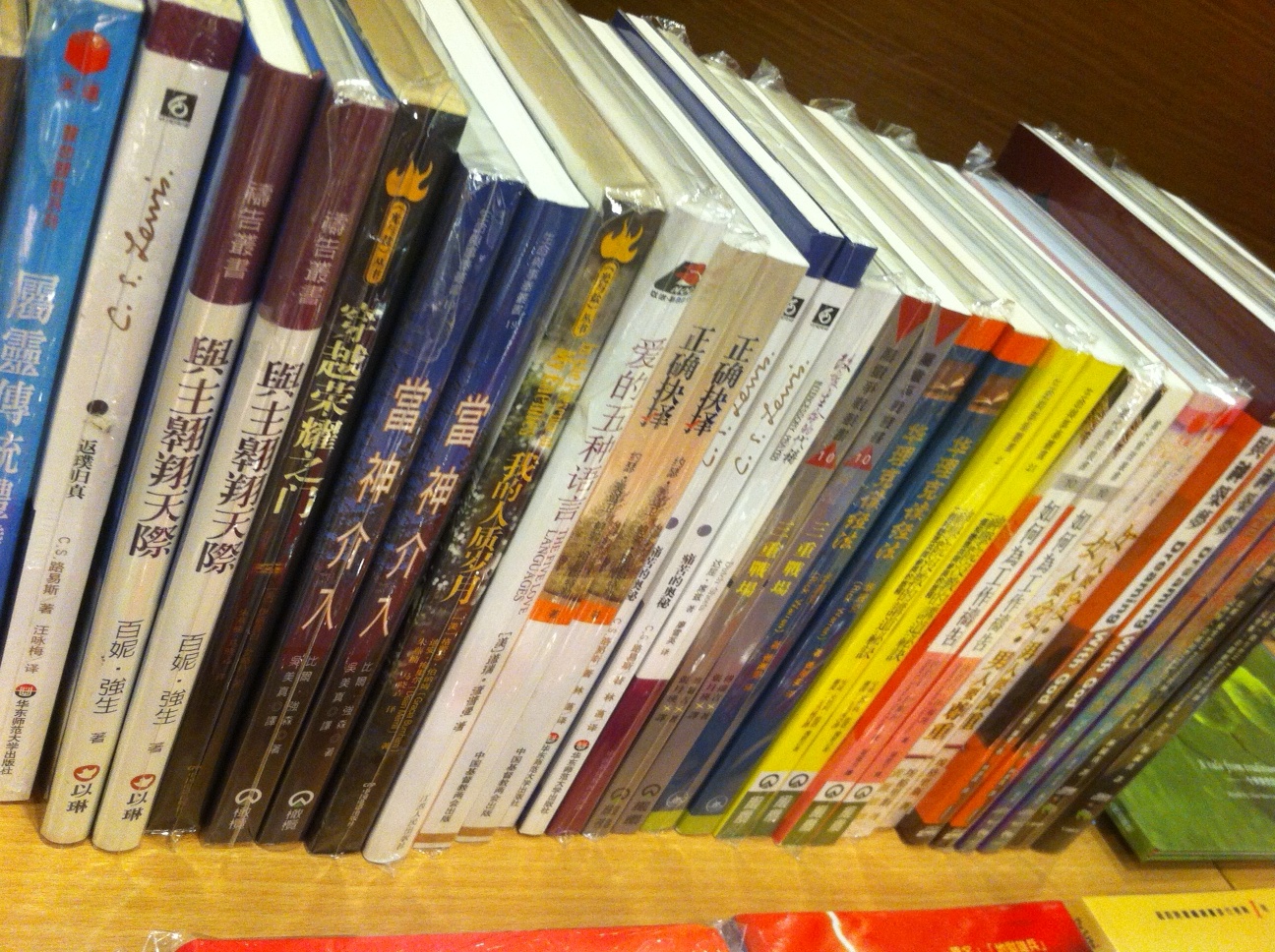
Haven’t finished a book since college? Between work, family, and social lives, trying to find time to read can be more effort than relaxing hobby. Here’s how to make more time for your favorite page-turners.
Reading is one of the most pleasurable activities out there. On a scale of human enjoyment I once found in a reference book, where respondents ranked activities from getting their car repaired (4.6) to sex (9.3), reading books scored an 8.3. That’s better than TV. We just assume we don’t have time for this indulgence in our busy lives.
Yet many successful people turn out to be voracious readers, too. They don’t have more hours per day than the rest of us, but they have figured out a two-part process of managing “supply” (hours available to read) and “demand” (desire to use that time reading) to turn themselves into bookworms. Here’s how to get a handle on both.
THE SUPPLY SIDE
Even the busiest people have leisure time. The difference between readers and non-readers is that readers make a habit of picking up a book during these fallow hours.
If you’re an early riser, for instance, what about reading in the half hour before breakfast? When I recently interviewed Val Demings, the former chief of the Orlando Police Department and a current candidate for mayor of Orange County, she told me that she reads inspirational works upon waking up in the morning.
Wendy Clark, SVP of Coca-Cola’s Global Sparkling Brand Center, reads on the elliptical machine that she uses to exercise at 11 p.m. (The machine is in front of a window and “I know the neighbors can see me at night and must think I’m a madwoman, but it’s the time that works for me,” she told me).
Plenty of people use their commutes to listen to audio books, which is a great idea. But if reading is a big enough priority, you might not need to resort to listening. Darcy Gabriele, who lives in Fremont and works in West Seattle, reports that “Sometimes I wake up an hour earlier to take the bus to work instead of driving–and I do it just to get reading time in!”
Anne Bogel, who runs the women’s lifestyle blog Modern Mrs. Darcy, works part-time at another job, and homeschools her four children, reads about a dozen books a month. She just builds it into her schedule.
“I have certain times that I almost always read: half an hour before bed, half an hour while the kids are supposed to be in daily rest time.” She also reports that “I read in the pockets of time that other people use to check their phones and their email, again.” She’ll read while waiting for food to heat up in the microwave. Even if that’s just five minutes a day, that buys you 35 minutes of extra reading time per week. Bogel also listens to audiobooks while she exercises. “At first I thought I’d be happier listening to something peppier like music while I run, but then I started getting through two extra books a month…and changed my mind.”
THE DEMAND SIDE
There are plenty of spots during the day that people can use to read. But most of us don’t use that time for a simple reason: We don’t have a great book on hand that we just can’t wait to pick up. The truth is that most of us are “demand side” readers. We make time to read when there’s something we really want to read. I once stayed up all night reading an installment of Harry Potter. When I’m deep into a book, I can magically make 10 reading hours appear on a weekend that I’d thought was pretty busy.
So how can you feed that demand? The voracious readers I asked offered suggestions for re-creating that page-turner vibe on a regular basis:
1. Borrow more books than you can consume.
If you want to read more books, you need more books sitting around triggering thoughts like, “Hey! I could be reading right now!” Libraries have ludicrously large “limits” on items you can check out (the Denver Public Libraries, for instance, let you check out 100 books at a time). So go crazy and grab anything that looks interesting. Return anything you don’t get to. Some of the most prolific readers I’ve talked to return three out of four books unread. This is not something to feel guilty about.
2. Read more than one book at a time.
If you’ve got two free hours, you might be in the mood for something deeper than if you’ve only got 20 minutes. People who read a lot have something going to satisfy all appetites.
3. Try the 50-page rule.
Or even the 10-page rule. While some books play hard to get until 100 pages in, if you feel compelled to finish all books you start, you may get tripped up on something boring and not read again for weeks. Quit after a few dozen pages if you’re not feeling it. You’ll find something else you love more soon.
4. Ignore any thoughts about what you “should” be reading.
I hate false accusation stories. I also can’t stomach violence. That means I won’t make it through a lot of the world’s great literature. But the upside of being done with college is that you can read what you want. Humans don’t do well with suffering long term, and if you’re only reading because you “should” read, then over time, reading will slide from the top of the scale down to laundry level (4.8) or going to the dentist (4.7). There’s no upside in that.
